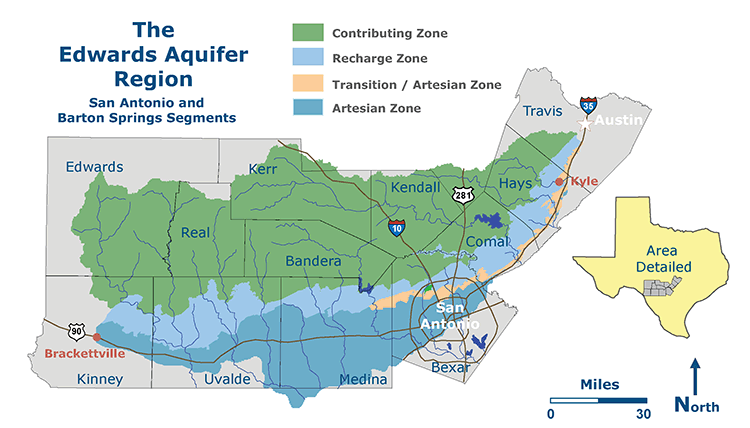The Age of Thirst in the American West
Coming to a Theater Near You: The Greatest Water Crisis in the History of Civilization
here’s the bad news in a nuts : if you live in the Southwest or just about anywhere in the American West, you or your children and grandchildren could soon enough be facing the Age of Thirst, which may also prove to be the greatest water crisis in the history of civilization. No kidding.
If that gets you down, here’s a little cheer-up note: the end is not yet nigh.
In fact, this year the weather elsewhere rode to the rescue, and the news for the Southwest was good where it really mattered. Since January, the biggest reservoir in the United States, Lake Mead, backed up by the Hoover Dam and just 30 miles southwest of Las Vegas, has risen almost 40 feet. That lake is crucial when it comes to watering lawns or taking showers from Arizona to California. And the near 40-foot surge of extra water offered a significant upward nudge to the Southwest’s water reserves.
The Colorado River, which the reservoir impounds, supplies all or part of the water on which nearly 30 million people depend, most of them living downstream of Lake Mead in Los Angeles, San Diego, Phoenix, Tucson, Tijuana, and scores of smaller communities in the United States and Mexico.
Back in 1999, the lake was full. Patricia Mulroy, who heads the water utility serving Las Vegas, rues the optimism of those bygone days. “We had a fifty-year, reliable water supply,” she says. “By 2002, we had no water supply. We were out. We were done. I swore to myself we’d never do that again.”
In 2000, the lake began to fall -- like a boulder off a cliff, bouncing a couple of times on the way down. Its water level dropped a staggering 130 feet, stopping less than seven feet above the stage that would have triggered reductions in downstream deliveries. Then -- and here’s the good news, just in case you were wondering -- last winter, it snowed prodigiously up north in Colorado, Utah, and Wyoming.
The spring and summer run-off from those snowpacks brought enormous relief. It renewed what we in the Southwest like to call the Hydro-Illogic cycle: when drought comes, everybody wrings their hands and promises to ins ute needed reform, if only it would rain a little. Then the drought breaks or eases and we all return to business as usual, until the cycle comes around to drought again.
So don’t be fooled. One day, perhaps soon, Lake Mead will renew its downward plunge. That’s a certainty, the experts tell us. And here’s the thing: the next time, a sudden rescue by heavy snows in the northern Rockies might not come. If the snowpacks of the future are merely ordinary, let alone puny, then you’ll know that we really are entering a new age.
http://www.tomdispatch.com/blog/1754...g_of_the_west/
There's nasty uranium and other mineral extracting out west, plus the usual oil and fracking, so plenty of opportunity to screw up dimishing surface and ground water supplies.
The Repugs want to kill the EPA and any other regulations protecting land, water, and air.





 Reply With Quote
Reply With Quote





 holy CC pimping for the unregulated, unpoliced/unenforced frackers, as if they gave a about the EPA (but they are paying the Repugs to kill EPA), why they paid head to exempt frackers from EPA regs completely and ALL testing of frackers' damages.
holy CC pimping for the unregulated, unpoliced/unenforced frackers, as if they gave a about the EPA (but they are paying the Repugs to kill EPA), why they paid head to exempt frackers from EPA regs completely and ALL testing of frackers' damages.
